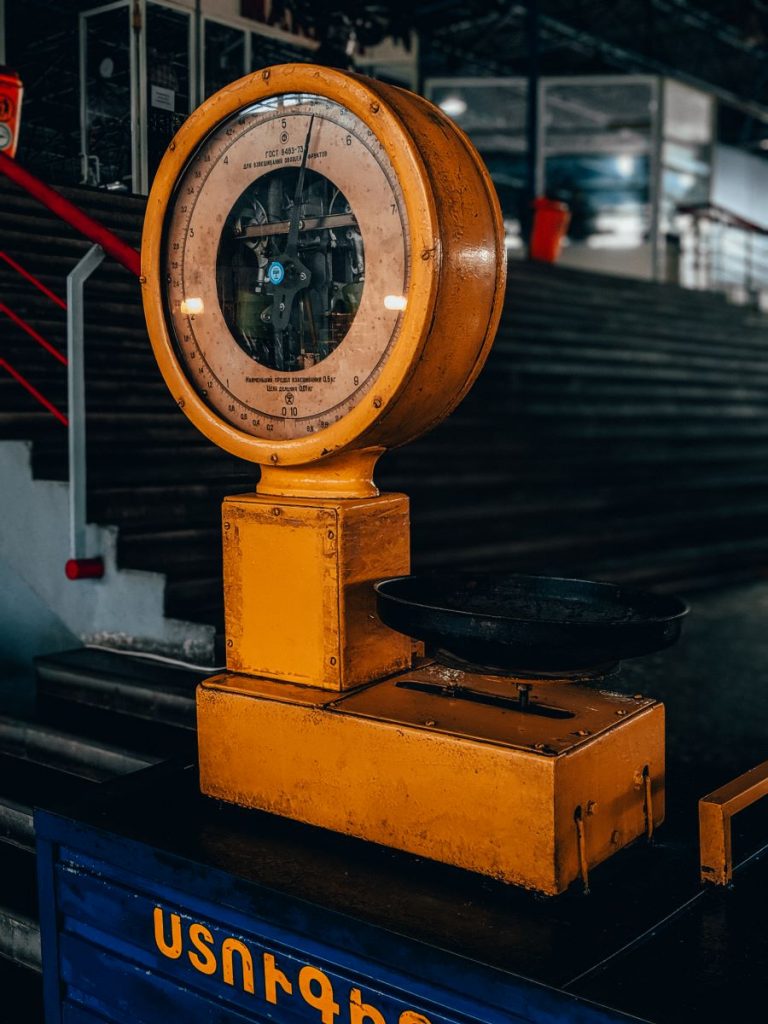Business owners who buy an industrial floor scale aim to achieve one thing: get precise weight measurements of their shipments. It ensures that a company follows relevant regulations regarding the weight of products and other objects that are weighed.
They also help businesses maintain a good brand image as it can act as a guarantee of the product data to customers and stakeholders. For these reasons, it’s vital that your business uses and maintains an accurate scale. Learn what to consider when buying and using industrial floor scales through the following.
Buying Industrial Floor Scales
Before buying an industrial floor scale or a digital floor scale, keep these factors in mind:
Application
What are you going to use the scale for? Consider the maximum weight capacity of the scale, the environment that your scale will be in, and the materials that are used to build your scale.
- The maximum weight capacity of your scale should be above the weight of the heaviest object that you plan to measure. However, it is unnecessary to have a too-high weight capacity. Get a scale with a maximum weight capacity that is relative to what you plan to weigh.
- The environment that your scale will be in is also important. If your scale will be exposed to harsh chemicals, flammable or explosive materials, and/or moisture, you must get a scale that can safely operate in such an environment. The good news is there are scales specifically constructed to safely operate in potentially hazardous environments.
- The type of material of the scale. A lot of industrial scales are constructed with either stainless steel or aluminum. Stainless steel is tougher and more durable. But aluminum is lighter and a less expensive choice. The material to choose for your scale will depend mostly on what you’ll be using it for.
Budget
Another important factor to consider is your business’ budget. Take time to find out how much vendors charge for industrial floor scales and use the data to set your budget. With various options to choose from, you should have no problem finding an industrial floor scale that suits your business and also won’t break the bank.
Future Business Goals
When looking for an industrial floor scale, don’t just focus on your present needs. Think about your company’s long-term goals as well. This is especially important if you have plans to upgrade your product line or expand. In such situations, leave room for growth and get a much larger industrial floor scale.
Warranty
Make sure your industrial floor scale is protected by a warranty. Even if your scale is in excellent condition upon installation, you don’t know for sure how it’ll hold up in the following months. That’s why it’s vital that you buy a product with a warranty.
Using Industrial Floor Scales
After buying an industrial floor scale, make sure to check the following regularly. It will help you ensure your scale is working fine and will continue to do so:
Accuracy
Scales naturally deteriorate over time and become increasingly dirtier and less accurate. That’s why it’s important to regularly test your scale’s accuracy, even if it isn’t showing signs of abnormalities.
One of the best ways to test your scale’s accuracy is to test-weigh objects that you already know the weight of. Stainless steel or cast iron test weights are usually used for this purpose. If the object’s weight is not what it should be, try to find the source of your scale’s inexact readings.
You can also set a schedule so you remember to regularly test your scale’s accuracy. This is the best way to make sure your scale is consistently delivering precise readings.
Signs of Malfunction
Remember to check for abnormalities in your industrial floor scale. For instance, non-repeatability and creep are usual signs that a scale is malfunctioning.
To check for creep, put an object on the platform of your scale. If the weight reading is fluctuating and doesn’t stop on one weight reading, this your scale has creep. Check to see why it might be happening. You might need to recalibrate your scale.
To check for non-repeatability, put an object on the platform of your scale. After getting a weight reading, remove the object then place it back on the platform. If the second weight reading differs from the first, this is non-repeatability. You might also need to recalibrate your scale.
If you notice any abnormalities in your floor scale’s performance, check factors that might be causing it, like vibrations from other machinery, breezes from air ducts or outside, or dust build-up.
Keep these things in mind when buying and using an industrial floor scale. Precise weight measurements from an accurate scale can only help in the success of your business.
